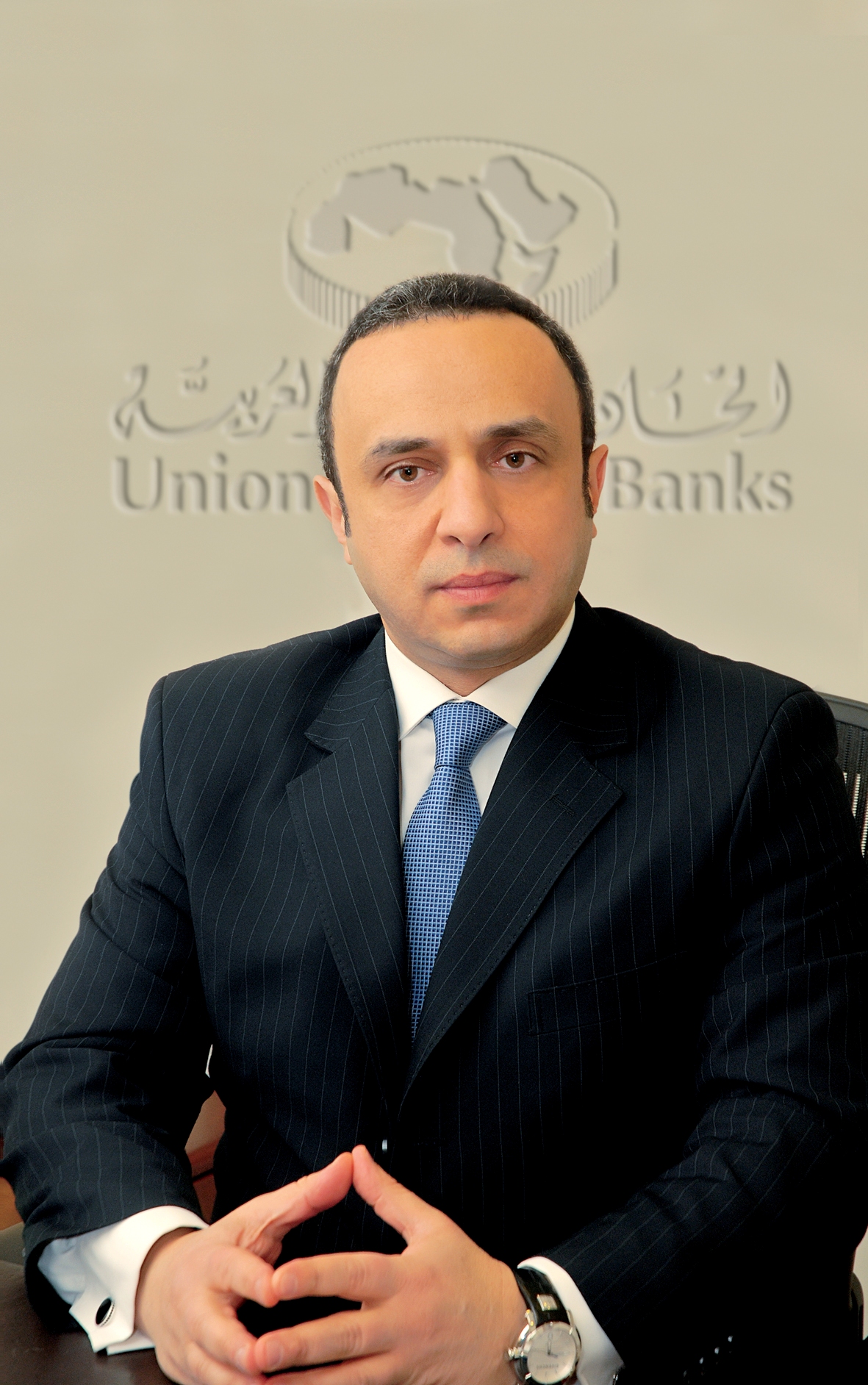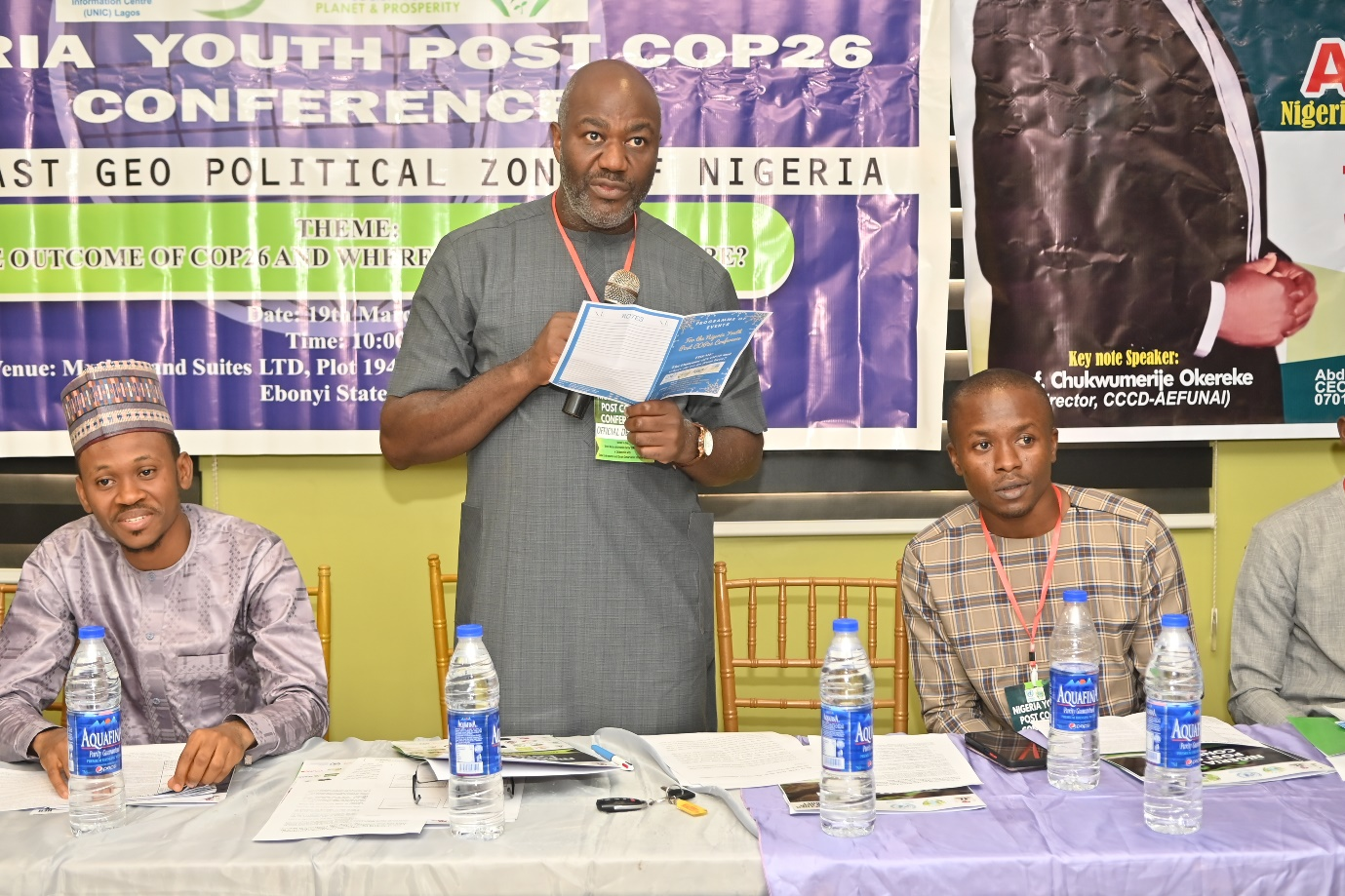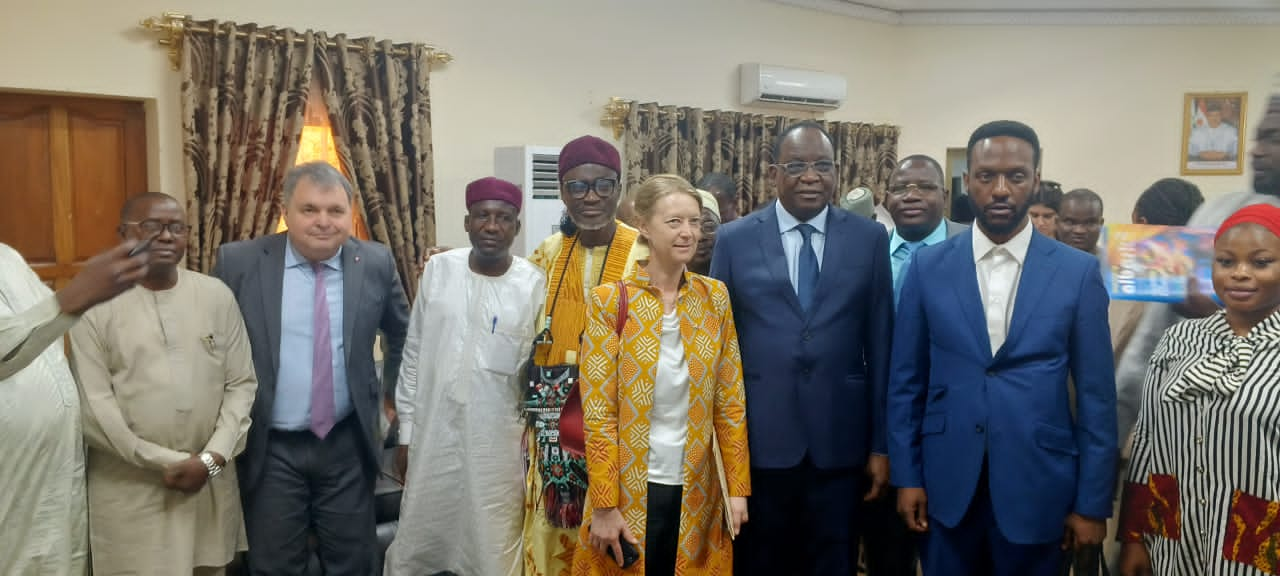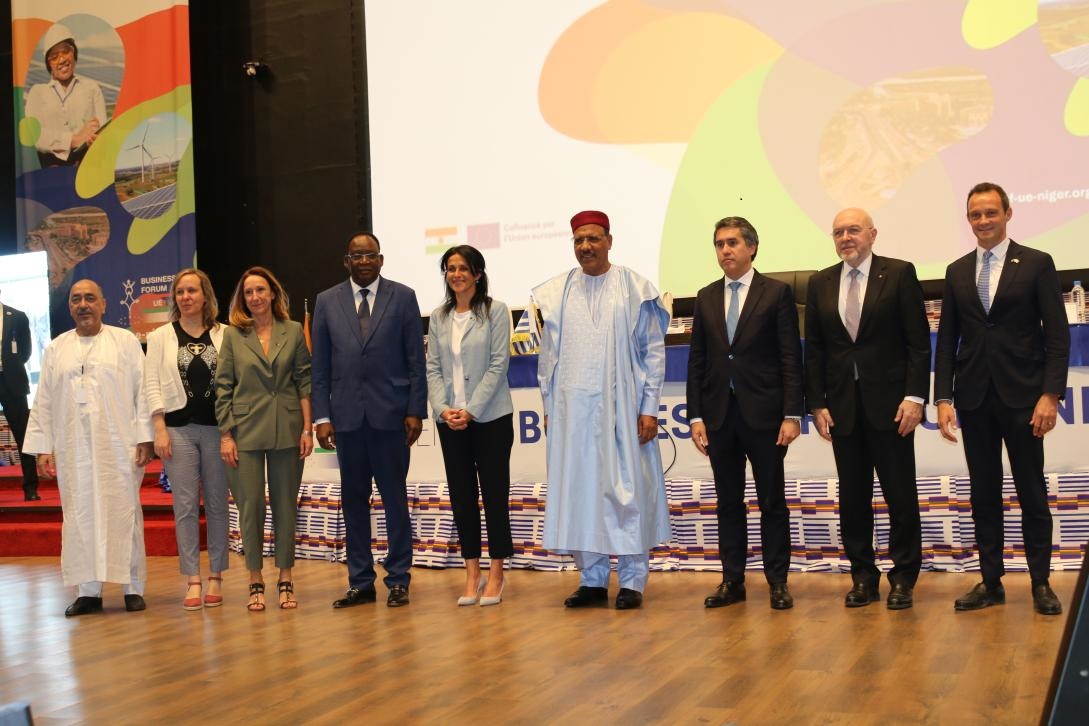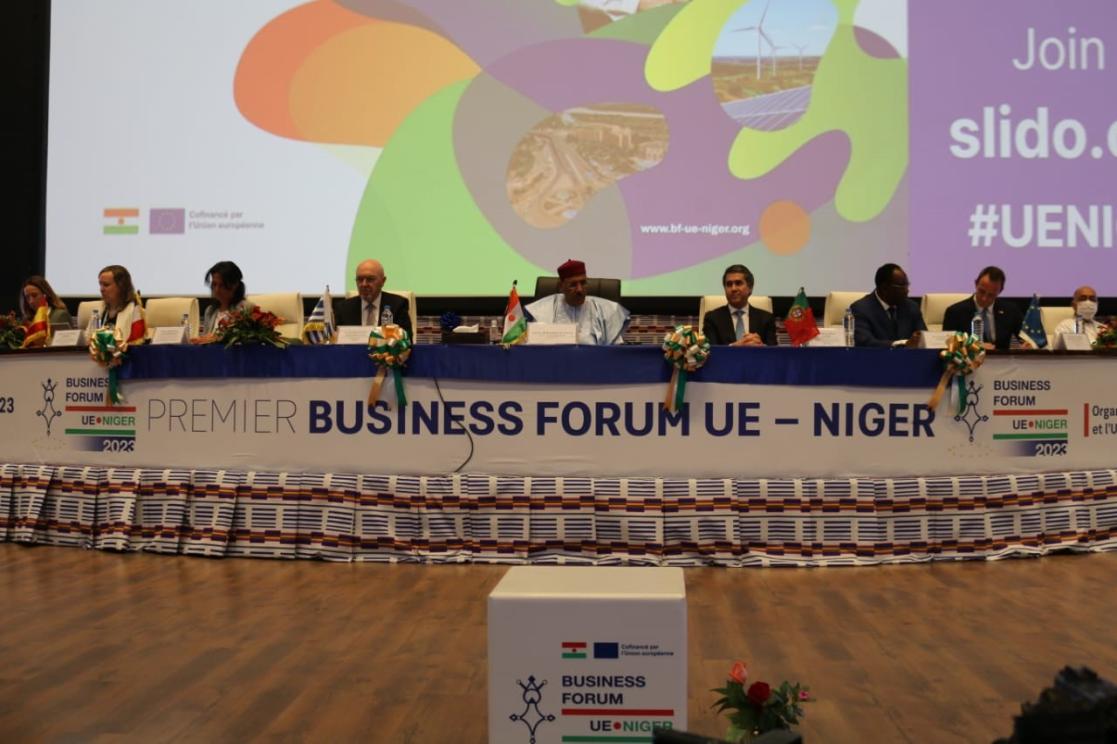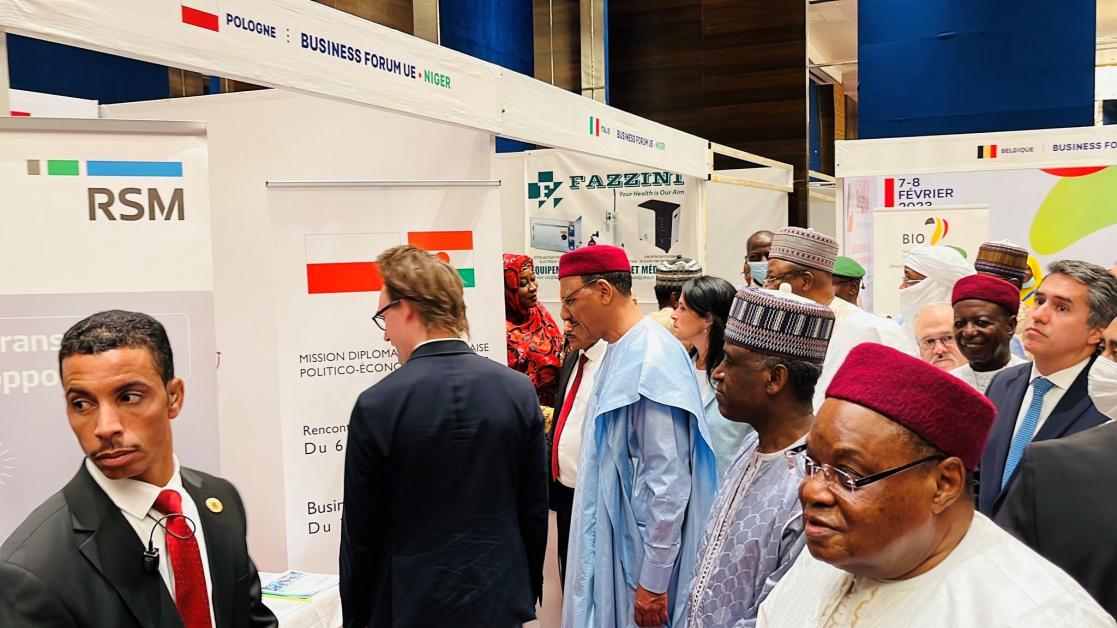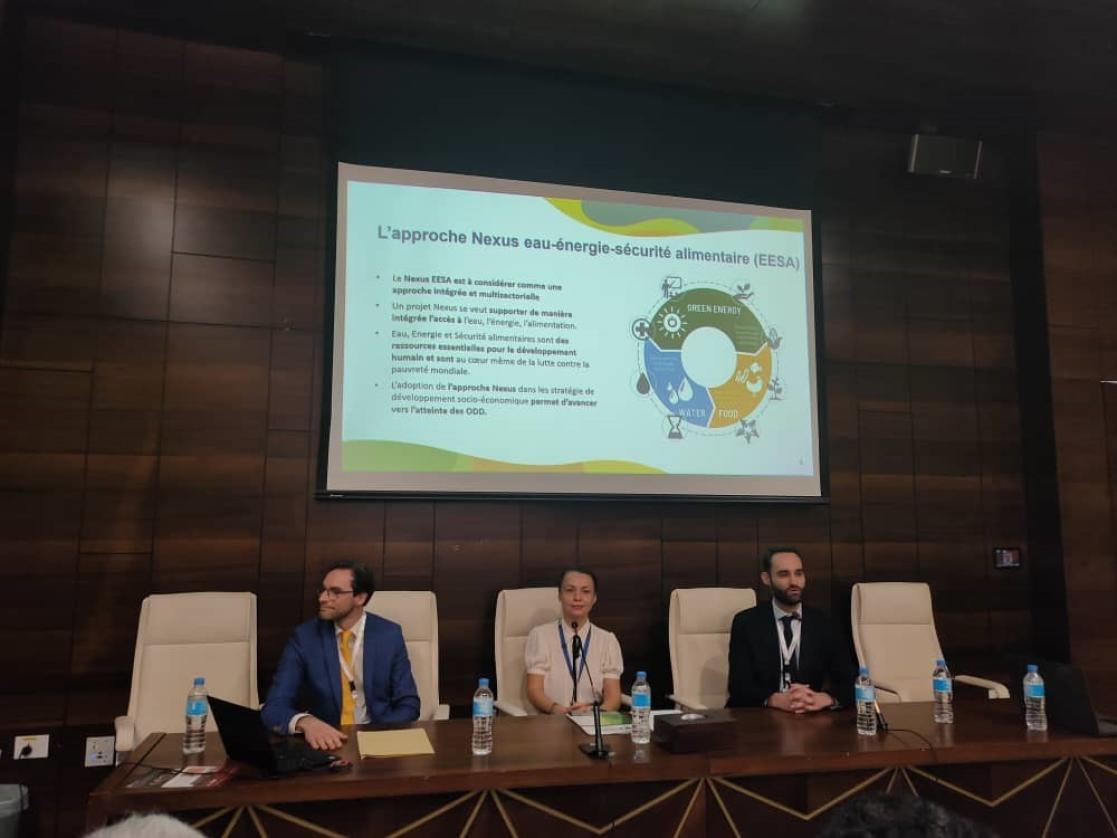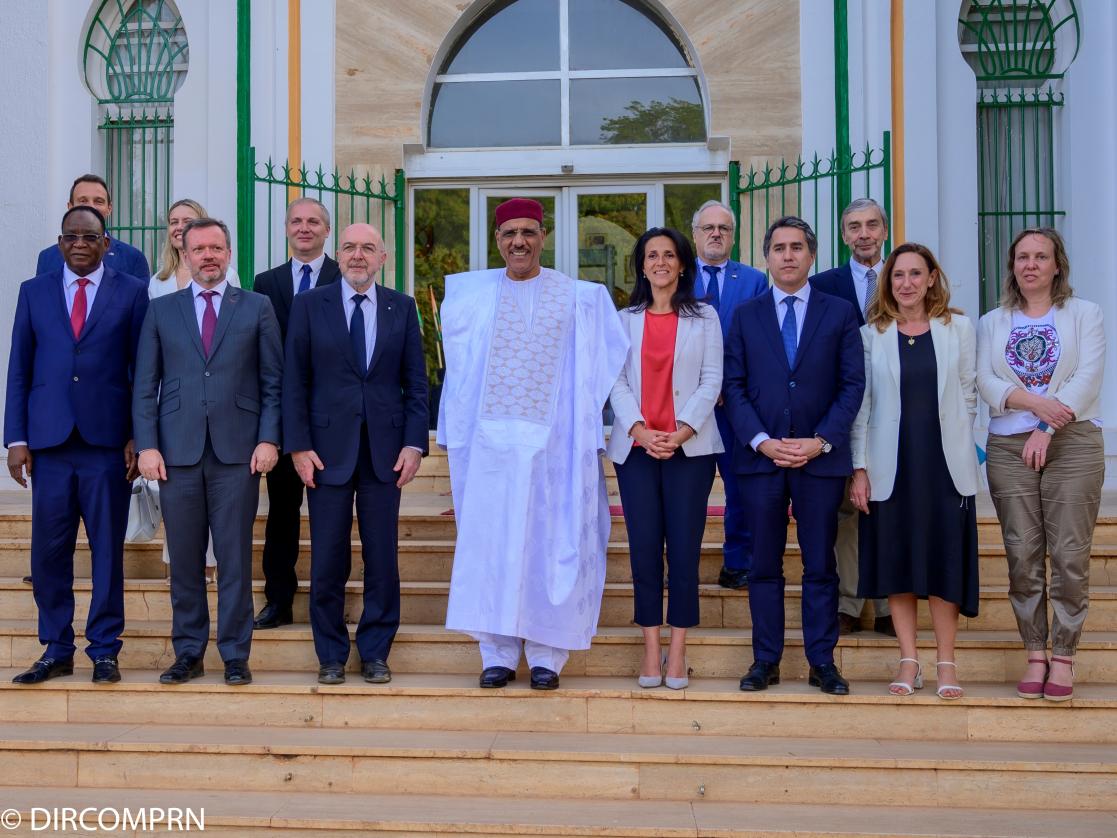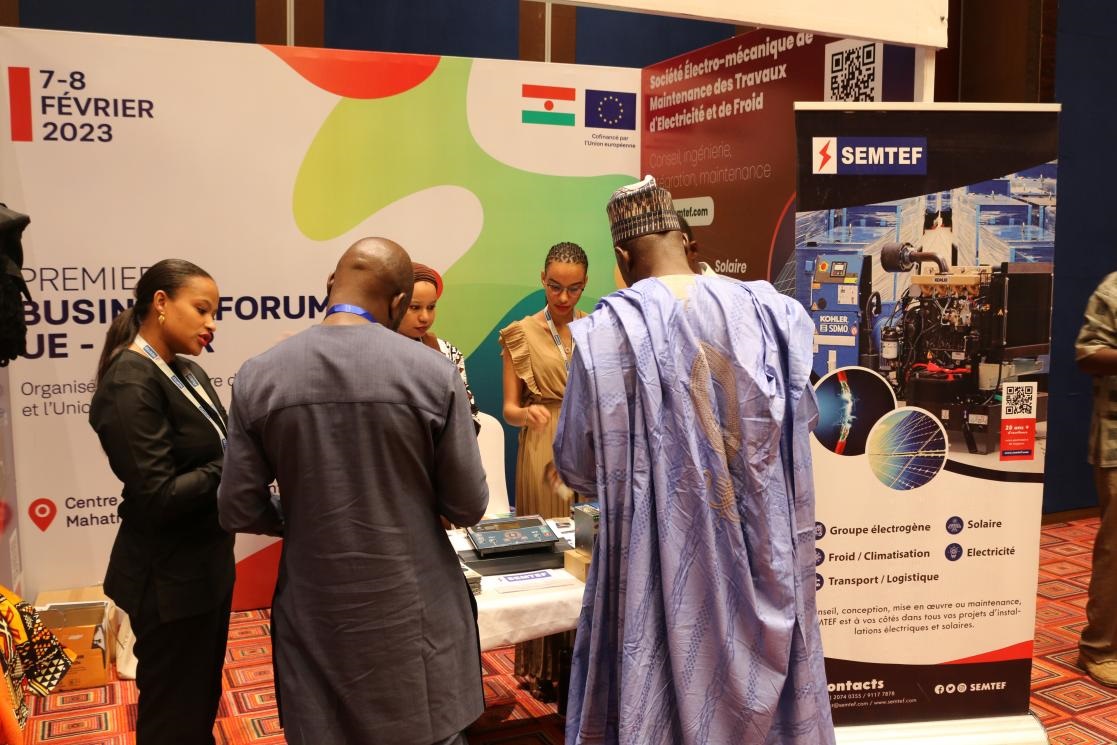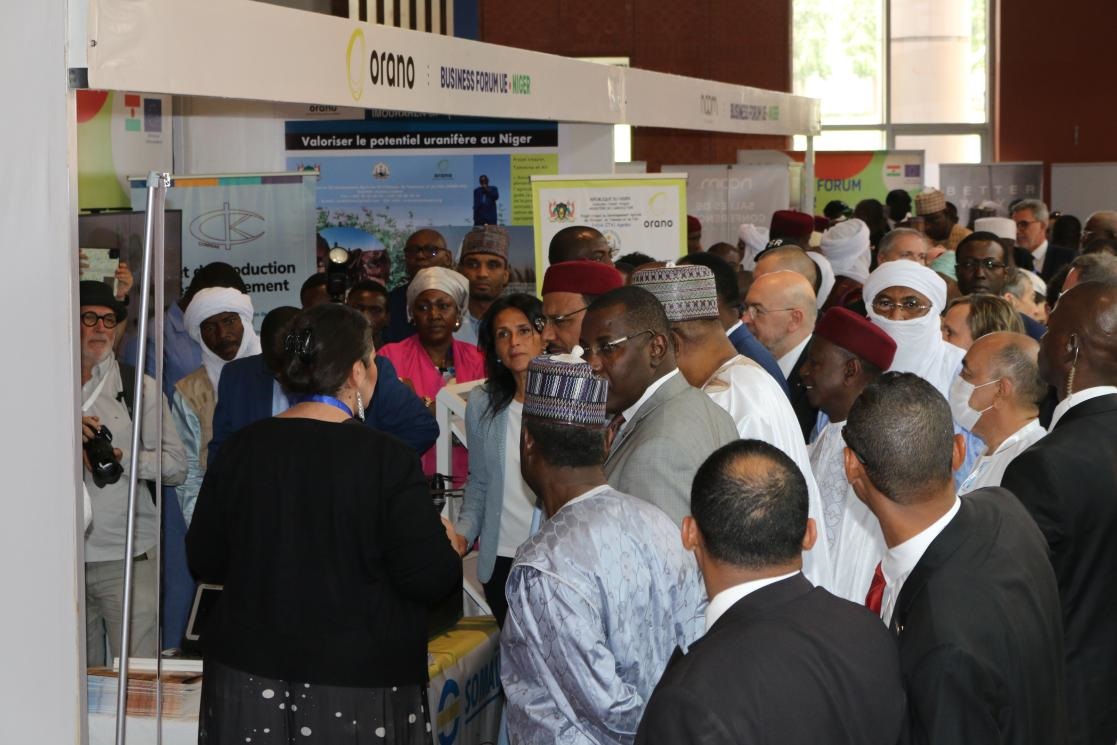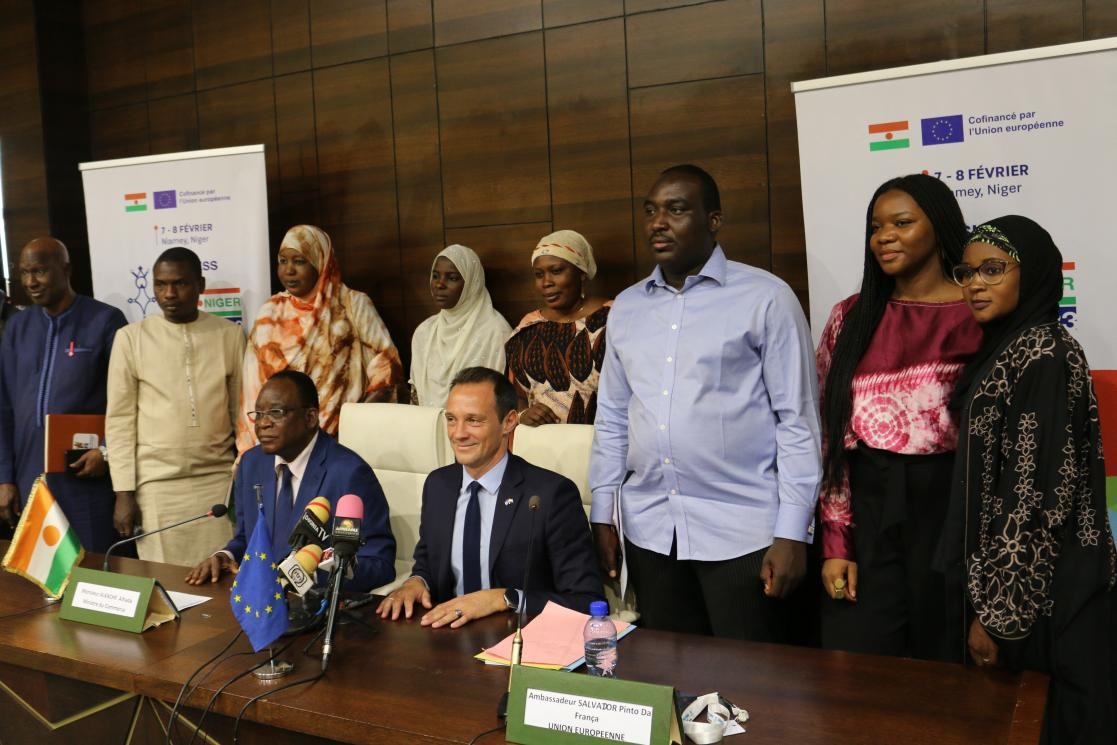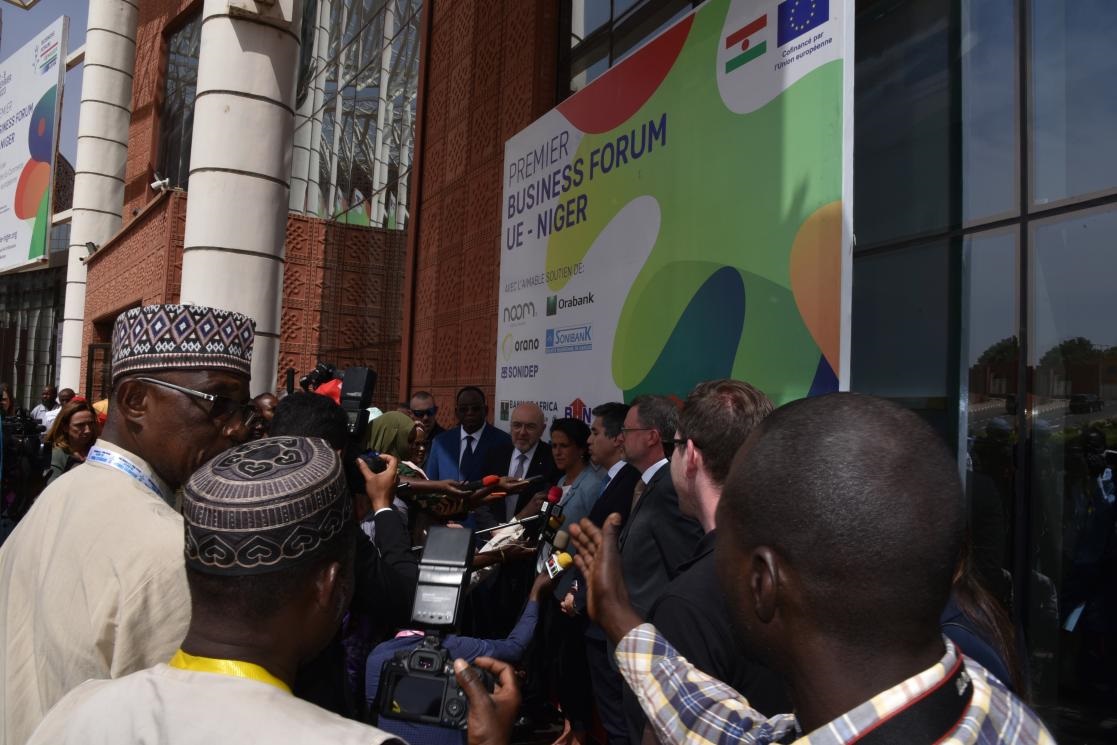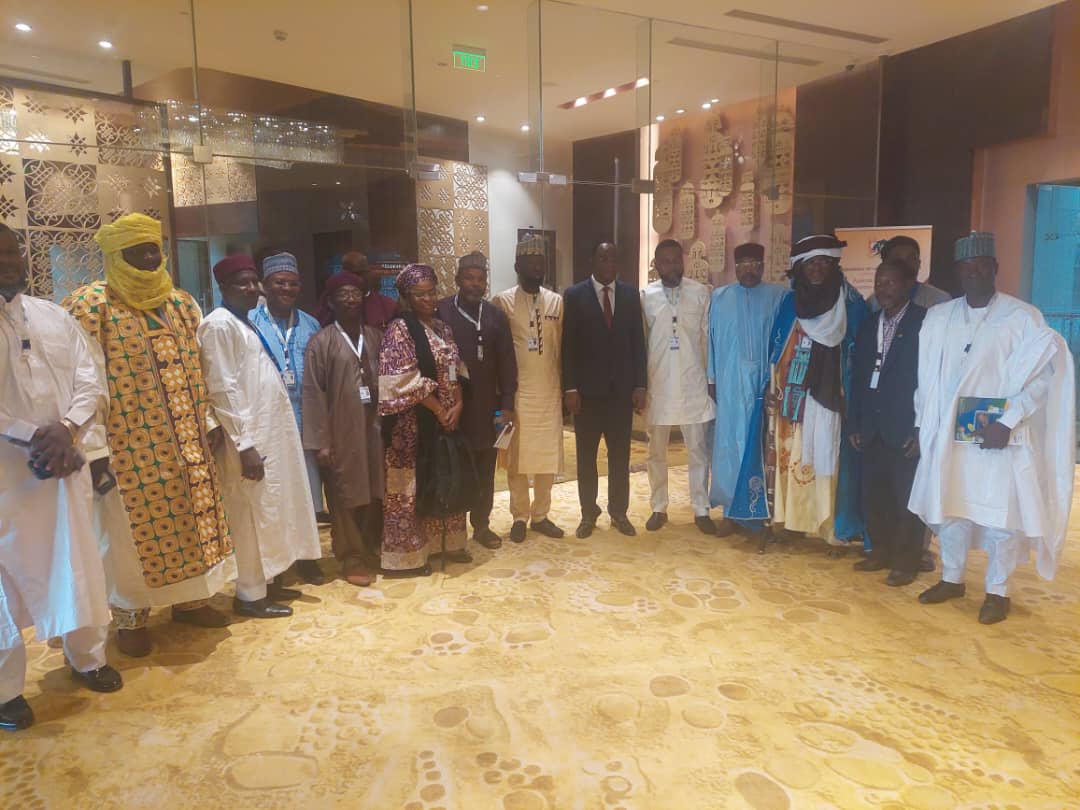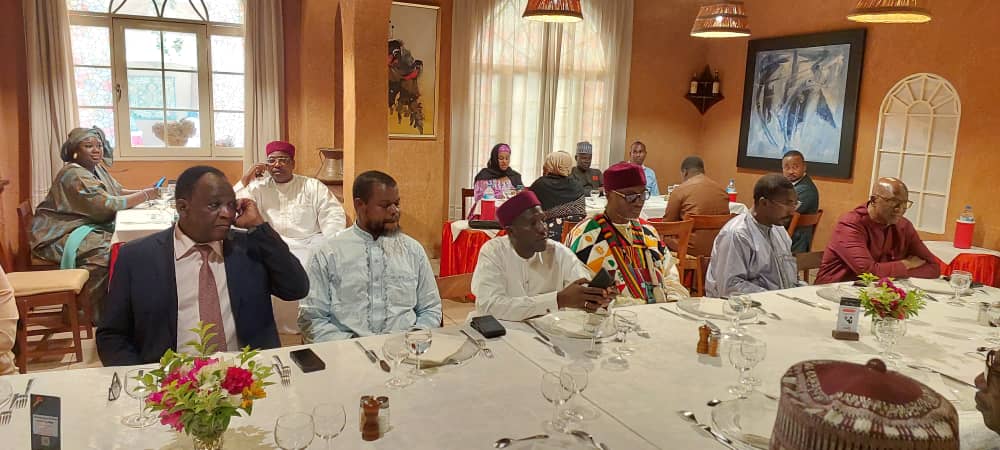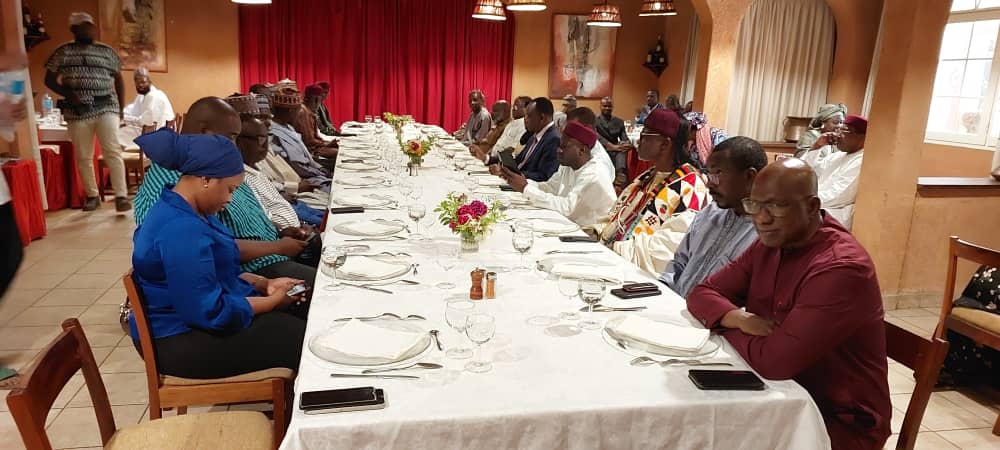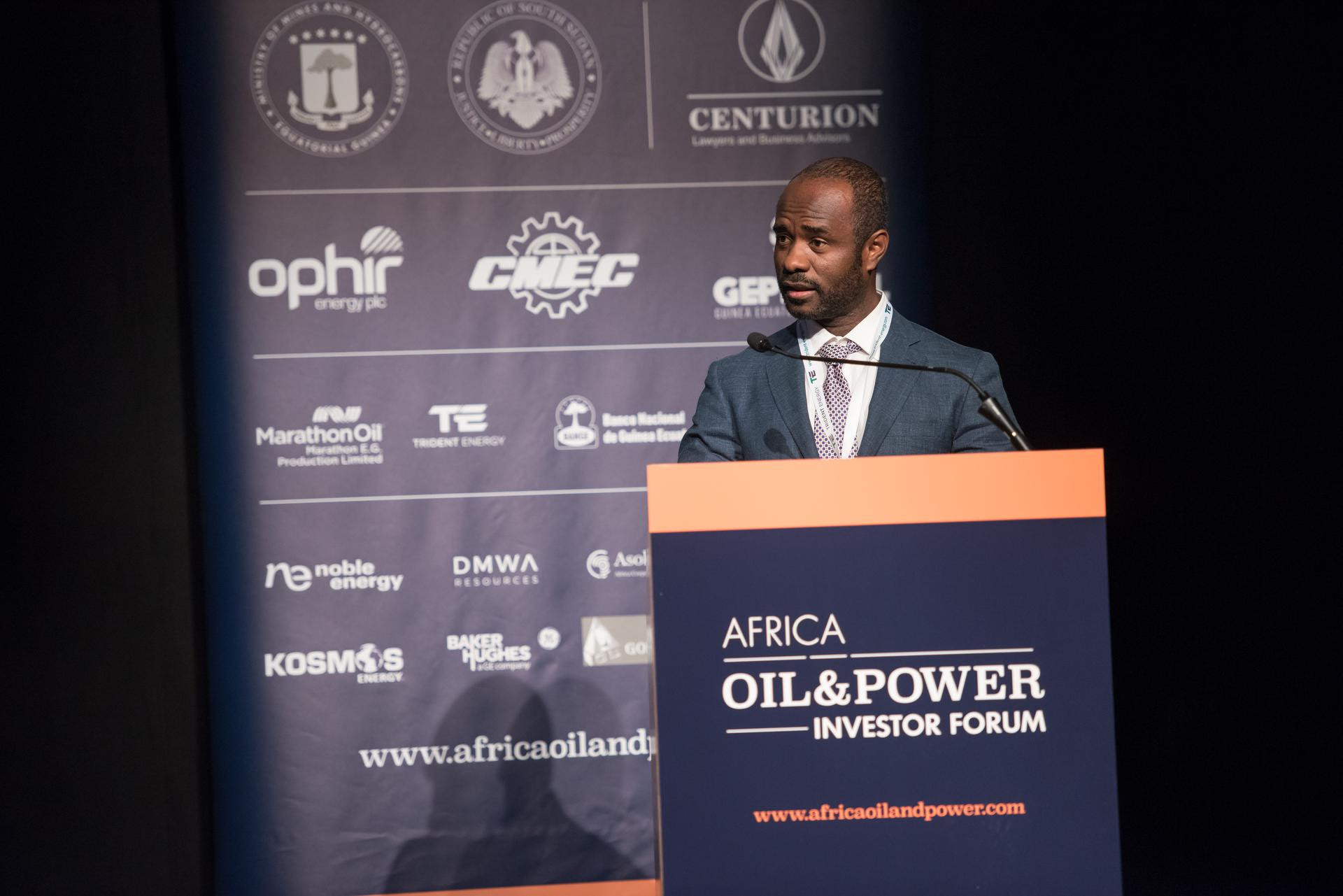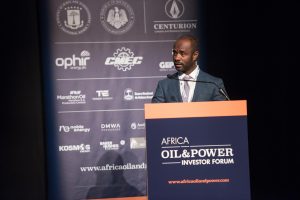Abu Dhabi, United Arab Emirates, 2 April 2023: The 12th Annual Investment Meeting (AIM Global 2023), which is supported by the Ministry of Industry and Advanced Technology in partnership with the Abu Dhabi Department of Economic Development, will feature a number of local and international events, forums, and conferences from May 8 to 10 at the Abu Dhabi National Exhibition Centre and discuss the latest investment trends, challenges, and opportunities to further boost the sustainable growth of the global economy.
Its lineup of activities comprises a series of dialogue sessions, keynote speeches, and interactive workshops that facilitate the exchange of ideas and best practices, foster dialogue and cooperation, and encourage collective efforts towards achieving a more sustainable and equitable financial future for all.
It will focus on two main tracks, Investment and Innovation & Technology, which will highlight several topics that cover 10 key different sectors – Agriculture, Energy, Technology, Infrastructure, Manufacturing, Tourism & Hospitality, Transportation & Logistics, Finance, Healthcare, and Education.
Least Developed Countries Forum
Organized in cooperation with the World Association of Investment Promotion Agencies (WAIPA), the Least Developed Countries Forum aims to shed light on the key challenges confronting investment promotion agencies globally, such as market analysis mechanisms, investment trends, and sustainable approaches to addressing them, with a particular emphasis on investment promotion agencies in the least developed countries.
İsmail Erşahin, WAIPA Executive Director and CEO, lauded the long-term partnership between the association and the Annual Investment Meeting, the world’s leading platform that offers an excellent opportunity for investment experts, private sector representatives and international organizations to network and exchange ideas.
“This year we are pleased to be partnering on a conference for Least Developed Countries, where we will dedicate an entire day to discussing the crucial issues facing investment promotion agencies representing LDCs globally and to presenting them with the tools and knowledge needed to address their challenges in a productive and sustainable manner. We are also looking forward to hosting a workshop on attracting institutional capital, an increasingly urgent task for IPAs which WAIPA is supporting through our training programs,” Erşahin said.
Future Finance Forum
The Future Finance Forum, in partnership with the Union of Arab Banks under the theme “Leveraging Innovative Technologies for Financial Inclusion and Sustainability,” will bring together experts and practitioners to explore the role of cutting-edge technologies, such as blockchain, artificial intelligence, Web3, and digital currencies, in promoting financial access, stability, and sustainability. The Forum’s attendees will also gain a comprehensive understanding of the challenges and opportunities in implementing these technologies in the finance sector so they can collaborate on concrete solutions for a more inclusive and sustainable financial future in the Arab world.
Commenting on the collaboration, Secretary General of Union of Arab Banks Dr. Wissam Fattouh said: “In light of the global economic and climate risks, the Arab region is witnessing deep economic and financial transformations, which will shape its landscape for the upcoming decades. The Union of Arab Banks, in partnership with AIM, aims to shed light on the emerging challenges facing our region, and how to transform them into opportunities, in order to achieve a green, sustainable, and digital Arab economy.”
The local and global side events at the AIM Global 2023 also include “Make it in the Emirates”; “Invest in Abu Dhabi”; “Road to the World Investment Forum” in collaboration with the United Nations Conference on Trade and Development; “Entrepreneurs Investment Summit” with the United Nations Industrial Development Organization (UNIDO); “Bloomberg New Energy Finance Forum”; “Future Finance Forum” with the Union of Arab Banks; “World Local Production Forum” with the World Health Organization; “Tourism Investment Forum” with the United Nations World Tourism Organization (UNWTO); “Least Developed Countries Forum” in partnership with the World Association of Investment Promotion Agencies; “Finoverse Forum”; “Distressed and Alternative Investment Forum” with the DDC Financial Group; and “Advanced Manufacturing Investment Forum” to be hosted by UNIDO.
AIM Global 2023 will revolve around the theme “The Investment Paradigm Shift: Future Investment Opportunities To Foster Sustainable Economic Growth, Diversity and Prosperity.” Throughout its previous editions, the conference has established itself as the world’s largest investment platform, attracting extensive international participation from decision-makers, senior officials, businesspeople, experts, and academics. It has excelled at providing a premier venue for knowledge dissemination and exchange, staying updated on the latest developments in foreign direct investment and related matters, sharing experiences, exploring business prospects, and forging cooperation and partnership agreements.
